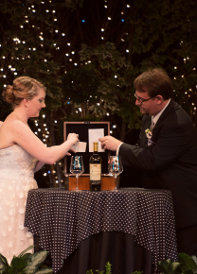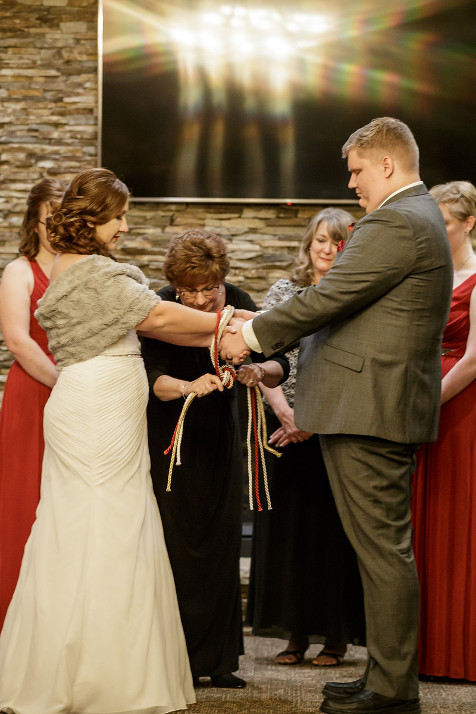Engaging Wedding Celebrants
Engaging wedding celebrants can be a bit daunting for a newly engaged couple. It is an important part of planning your wedding day, though, so don’t delay due to nerves. There is a simple process you can follow that will help you decide when you’ve found the wedding celebrant that’s right for you.
Before you reach out to potential celebrants, you’ll need two key pieces of information: your ceremony venue and wedding date. These will be necessary for any celebrant to tell you if they are available on your date, and if they serve your location/venue. Armed with the date and venue, you’re ready to begin your search.
If you’ve been to a wedding where you really enjoyed the ceremony, or if you know people who have recently married that’s a great place to start. Talk to those couples and ask for reviews, referrals and contact information. If you’re starting from scratch, try an online search. Use “wedding officiant ” for example. Note that I suggest using “officiant” instead of “celebrant” for this search. That’s because celebrant is a more specialized term and you’ll find more possibilities using the term officiant. Spend some time reading celebrant websites to learn more about the services they offer. Some will likely appeal to you more than others.
Now it’s time to begin engaging wedding celebrants you’re drawn to. An email or phone call is probably the best place to start. Provide the date and venue information and ask if they are available. It’s helpful for you to include information on what kind of a ceremony you’re looking for. For example, do you want a religious or secular ceremony? Do you want to include any special activities in your ceremony? Perhaps you know you want to include a handfasting ritual. If so, tell the prospective celebrant up front so they can let you know if that’s something they offer.
Once you’ve identified a prospective celebrant (or two), it’s time to get “face to face” with them. This can be in person or via a video conference. The important thing is for the three of you to get to know each other a bit. You’ll be looking for how comfortable you are with the celebrant. You’ll be looking for confirmation that they are experienced and interested in providing the kind of ceremony you want. They’ll be looking to understand if they can meet your needs and feel they can work well with you.
When engaging wedding celebrants, don’t be afraid to let them lead the conversation, at least at first. They’ve had these discussions many times and know what information both you and they need to get from your meeting. That said, don’t be intimidated. You are the client, and they need to fit you and your vision for your wedding ceremony. After your initial meeting you’ll need to decide if you want to work with that celebrant. Please be courteous and let them know either way. Their feelings won’t be hurt if you choose a different celebrant. But it will help them tremendously if they know that your wedding date is still available to other couples who might be looking to book at the same time. Take a deep breath and begin the process of engaging wedding celebrants. It’s exciting and such an important part of your wedding day.


